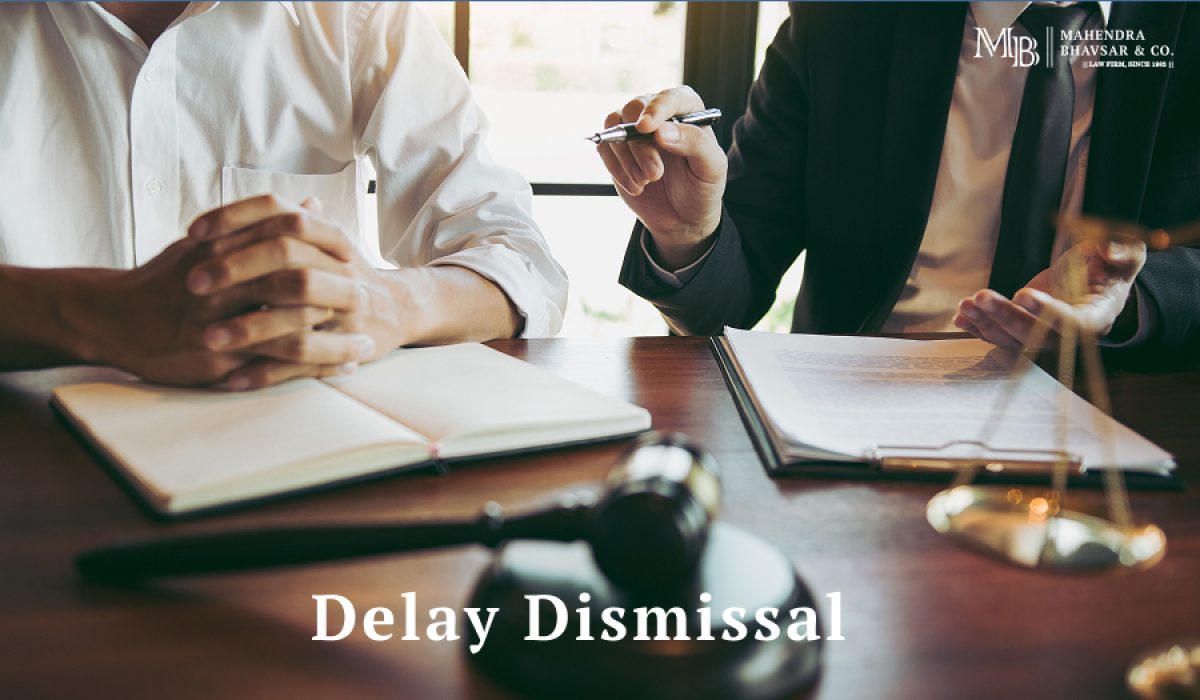Introduction
This article delves into the judgment dated April 15, 2025, arising from Petition for Special Leave to Appeal (C) No. 9580/2025, wherein the apex court upheld the decision of the High Court of Jharkhand at Ranchi. The central issue revolved around the condonation of a 301-day delay in filing a commercial appeal under the Commercial Courts Act, 2015. This analysis breaks down the facts, issues, arguments, and judicial reasoning involved.
Facts of the Case
The origin of the dispute lies in a civil suit filed by M/s Bharat Heavy Electricals Limited (BHEL), a Central Government Company, seeking recovery of ₹26.59 crores plus interest from Jharkhand Urja Utpadan Nigam Ltd. (JUUNL) based on an award by the MSME Council, Kanpur. The decree was passed on August 1, 2024, by a Commercial Court.
JUUNL filed a statutory appeal against this decree with a delay of 301 days, and accordingly filed an application under Section 5 of the Limitation Act, 1963 seeking condonation of the delay before the High Court of Jharkhand at Ranchi.
Issue Before the Court
The core issue was whether the 301-day delay in filing the appeal under Section 13(1-A) of the Commercial Courts Act, 2015, could be condoned given the statutory obligation to file within the prescribed time.
Arguments Advanced
- JUUNL, the petitioner, sought to justify the delay and prayed for condonation. However, detailed reasons behind the delay are not fully captured in the excerpts provided.
- BHEL, the respondent, opposed the condonation, arguing that the delay was inordinate and not backed by “sufficient cause”.
Reasoning of the Court
The High Court of Jharkhand at Ranchi rejected JUUNL’s condonation application, observing:
- JUUNL was fully aware of the decree passed on August 1, 2024, yet waited until October 18, 2024, to apply for a certified copy—a delay of over two months with no explanation.
- After applying, JUUNL did not actively follow up to collect the copy or expedite filing.
- The Court emphasized that JUUNL’s legal department had an obligation to monitor its litigation, stay informed of judgments, and not rely on opposing counsel for updates.
- It also held that JUUNL could not shift blame onto its own advocate’s failure to inform them about the judgment.
Accordingly, the court found that the delay was due to gross negligence, not excusable oversight.
The Supreme Court, in reviewing the challenge to this dismissal, fully agreed with the reasoning of the High Court and upheld its decision. The appeal was dismissed, reiterating the principle that commercial litigants must act diligently within limitation periods.
Case Laws Relied Upon
No specific case citations were referenced in the judgment excerpts. However, the reasoning aligns with settled principles regarding limitation, due diligence, and the obligations imposed on litigants—especially government bodies and entities with legal departments.
Conclusion
The dismissal of the appeal in JUUNL v. BHEL serves as a stern reminder that negligence, procedural delay, or internal lapses will not justify condonation of delay in commercial appeals. The judiciary reinforced the idea that limitation periods are mandatory, particularly under the Commercial Courts Act, which is designed to streamline litigation and avoid unnecessary protraction of disputes. This ruling sets a clear precedent for future matters involving delayed appeals and underscores the responsibility of institutional litigants to act promptly and vigilantly
FAQs:
Q1: What is the time limit to file an appeal under the Commercial Courts Act?
Generally, an appeal under Section 13(1-A) of the Commercial Courts Act must be filed within 60 days from the date of judgment or decree, unless otherwise prescribed by applicable procedural law.
Q2: Can delay in filing a commercial appeal be condoned?
Yes, but only if sufficient cause is shown under Section 5 of the Limitation Act. Courts apply this standard strictly, especially for institutional litigants who are expected to act diligently.
Q3: Can a government company blame its lawyer for delay in appeal?
No. Courts have repeatedly held that litigants with legal departments, including government companies, cannot shift the burden of delay to their advocates. Internal diligence is mandatory.
Stay informed with insights that matter. Follow us for more updates on key legal developments.
Disclaimer
The content provided here is for general information only; it does not constitute legal advice. Reading them does not create a lawyer-client relationship, and Mahendra Bhavsar & Co. disclaims all liability for actions taken or omitted based on this content. Always obtain advice from qualified counsel for your specific circumstances. © Mahendra Bhavsar & Co.
